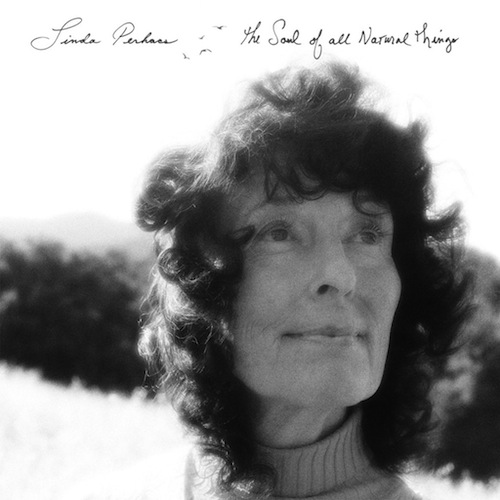Norma Tanega : I’m the Sky—Studio and Demo Recordings, 1964-1971

Norma Tanega had only one hit during her lifetime, “Walkin’ My Cat Named Dog,” a breezy folk song with a charming hook and lighthearted lyrics about a cat she walked on a leash. Her apartment building didn’t allow dogs, so naturally “Dog” was the name she chose for her feline companion. That one small detail reveals both her sense of humor and some of the creative spark that would lead to her brief brush with the mainstream, as the single reached number 22 on the Billboard Hot 100 singles chart. They Might Be Giants covered it, as did Yo La Tengo, and it spawned several other hit cover versions in Dutch, Danish and French.
It’s also just a really good song, simple as it is, a showcase in miniature of the kind of songwriting talent she possessed that never quite found its audience in her time. As presented on the new Anthology Recordings compilation I’m the Sky: Studio and Demo Recordings, 1964-1971, the first ever compilation of its kind to collect much of Tanega’s recorded output in one place, that talent is both undeniable and unique. At turns sweet and others sarcastic, alternately straightforward and baroque, Tanega occupied a space that was neither solitary nor fixed, paralleling her identity as a Filipino-Panamanian queer woman in a scene mostly dominated by white men. If she never quite made the right fit for the industry’s definition of the hitmaker in the late ’60s and early ’70s, there’s no question that she stood out.
The songs on I’m the Sky are culled from three separate albums, essentially: 1966’s Walkin’ My Cat Named Dog, 1971’s I Don’t think It Will Hurt If You Smile, and a set of demos that comprise enough material for a separate, third release. Yet while her two studio albums each carry their own character—and more broadly offer a good glimpse of her own character—there’s a freedom to these songs that make both sound like they’re overflowing with possibility. Sometimes literally; “A Street That Rhymes at 6 A.M.” is a declaration of her liberation (“Don’t you let them tell you that we’re all the same“), while with “You’re Dead,” which lived a second life as the theme for What We Do In the Shadows, she took cynical jabs at the biz itself (“You’ll never get a second chance/Plan all your moves in advance“). On “If I Only Had a Name Like Norma Tanega,” one of the previously unreleased demos included in the collection, she even addresses being an industry anomaly head on: “It can rise to the occasion, even though it’s not caucasian.”
Amid the breezier standouts as well as her critiques of a system that didn’t know what to do with an artist who looked and sounded like her, I’m the Sky is rife with countless moments of genuine beauty as well. A dreamy Rhodes groove underscores her gentle plucks on the soulful “A Goodbye Song,” while the hazy sensibility of “Time Becomes Gray” is a product of her voice and guitar alone, and the sweetly elegiac “A Song for a Friend Who Died” is at once soothing and gentle. And though many of the best moments are those in which Tanega is unencumbered by any intrusive outside elements, it’s glorious to hear her fronting a rich, wah-wah driven funk number like the great “What More in This World Could Anyone Be Living For.”
The self-awareness in songs like “You’re Dead” and “If I Only Had a Name Like Norma Tanega” speaks to an artist that valued staying true to her own voice over a more commercial compromise. And when her second studio album failed to find a broader audience, she went back to her two other careers: visual art and teaching. Though she never actually stopped performing, later performing in groups like The Latin Lizards and hybridVigor. I’m the Sky underlines how rare a figure she was in the era in which she made her debut, neither too self-serious to dedicate three minutes to a cat with an idiosyncratic name, nor so inflexible as to not step outside the somewhat limiting terrain of folk itself. It’s a legacy that merits preserving, in no small part because there simply aren’t many like it.
Label: Anthology
Year: 2022
Similar Albums:
Jeff Terich is the founder and editor of Treble. He's been writing about music for 20 years and has been published at American Songwriter, Bandcamp Daily, Reverb, Spin, Stereogum, uDiscoverMusic, VinylMePlease and some others that he's forgetting right now. He's still not tired of it.




